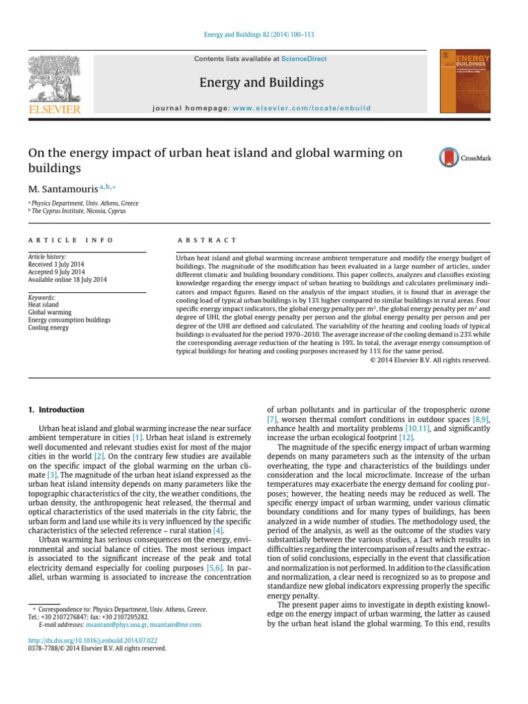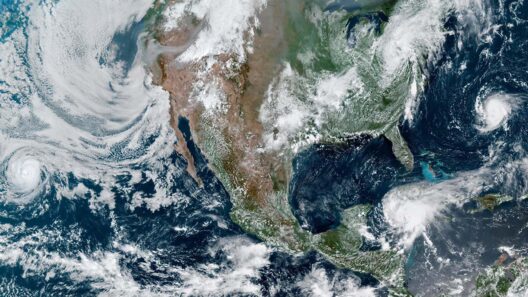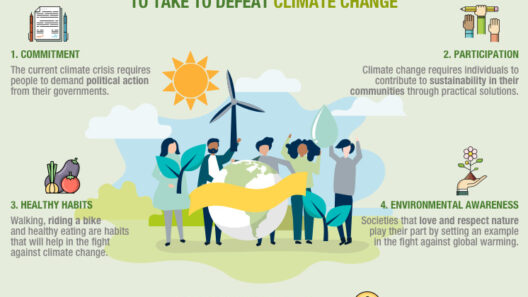Imagine basking in the sun-soaked allure of a coastal paradise or savoring the crisp air of a mountainous retreat. Moving to a different climate often conjures images of adventure, serenity, and enhanced well-being. But could this environmental shift actually pose risks to your health? Can you get sick from moving to a different climate? Yes, here’s why.
Climate is more than just a backdrop for our daily lives; it is a dynamic ecosystem affecting every aspect of our existence. When an individual relocates to a starkly different climate, the body faces numerous challenges that may elicit illness. Understanding these physiological and psychological implications is crucial for anyone considering such a life-altering move.
Firstly, acclimatization plays a pivotal role in how our bodies adjust to new environmental conditions. Acclimatization is the process through which the body adapts to changes in its environment, such as temperature and humidity variations. When individuals move from a temperate zone to a tropical environment, for example, their systems must contend with increased humidity and heat. This dissonance can lead to heat exhaustion or heat stroke, particularly if the move occurs abruptly. The body’s thermoregulation can falter, and the result may manifest as flu-like symptoms: fatigue, headaches, and nausea.
Moreover, engaging with a new climate introduces individuals to a variety of pathogens and allergens that their immune systems may not recognize. Different geographical regions harbor diverse flora and fauna, and, consequently, a unique array of germs. It is plausible that a person transitioning to a climate with a higher prevalence of certain ailments—such as tropical diseases like dengue fever or Zika virus—may experience illness due to their compromised immunity against unfamiliar pathogens. This notion is not merely hypothetical; many studies suggest that such exposure can lead to increased susceptibility during the first months of relocation.
Allergies, too, can worsen when transitioning to a new climate. For instance, someone moving from a low allergen area to a high pollen zone may not have previously experienced seasonal allergies. The onset of allergic reactions—manifesting as respiratory discomfort, skin irritations, or even asthma exacerbations—can create significant health challenges. Such transitions can be particularly disconcerting for those with pre-existing conditions, as their symptoms can flare up amidst the new climate’s pollen and mold spores.
While physical ailments are an obvious concern, we must also address the psychological ramifications of relocating to a disparate climate. The change in environment can invoke a spectrum of emotional responses that may weaken the immune system. Stress, anxiety, and depression can all arise as individuals navigate unfamiliar terrain, leading to a compromised state of health. The body’s stress response can weaken our immune defenses, leaving us more vulnerable to opportunistic infections and illnesses. The connection between mental wellness and physical health cannot be overstated, especially in transitional phases of our lives.
Moreover, lifestyle adjustments accompanying a move can have cascading health effects. New climatic conditions often necessitate changes in diet, exercise, and social interactions. For instance, individuals moving to warmer climates may find themselves engaging in outdoor activities, yet they may also inadvertently become dehydrated or fatigued due to overexertion in the heat. Conversely, relocating to colder climates might compel individuals to retreat indoors, leading to a sedentary lifestyle with associated health concerns such as weight gain and cardiovascular issues. These lifestyle changes are not merely trivial; they can compound physical and mental health struggles during a transitional period.
Additionally, differing air quality and pollution levels can impact health immediately upon arrival. Urban environments, for example, may have higher levels of air pollution, which can lead to respiratory problems. Shortness of breath and exacerbated allergies can plague newcomers as their bodies adjust to different air quality metrics. Coupled with new allergens, the risk of acute respiratory infections may soar.
Interestingly, while discussing potential health concerns linked to climate transition, one must also consider the protective aspects of being in a new climate. Different environments can offer unexpected health benefits. For instance, moving to a sunnier locale may elevate vitamin D levels, bolstering the immune system. Similarly, temperate climates can see significant decreases in certain chronic health issues due to lifestyle adjustments that promote physical activity and social interactions. This duality highlights the necessity of weighing the risks and benefits, acknowledging that not all health outcomes from a climate transition are negative.
In conclusion, while the allure of moving to a different climate often overshadows the potential health risks, it is imperative to approach such a change with a discerning mindset. Can you get sick from moving to a different climate? The answer is an unequivocal yes, and the factors are multifaceted, extending from acclimatization challenges to psychological impacts and lifestyle changes. Individuals must remain vigilant and take proactive measures to mitigate potential health risks—such as gradual acclimatization, maintaining hydration, and seeking medical advice when needed. Ultimately, understanding these nuances not only prepares one for the challenges that lie ahead but also enables a smoother transition, ensuring that the move enhances overall well-being rather than detracts from it.








